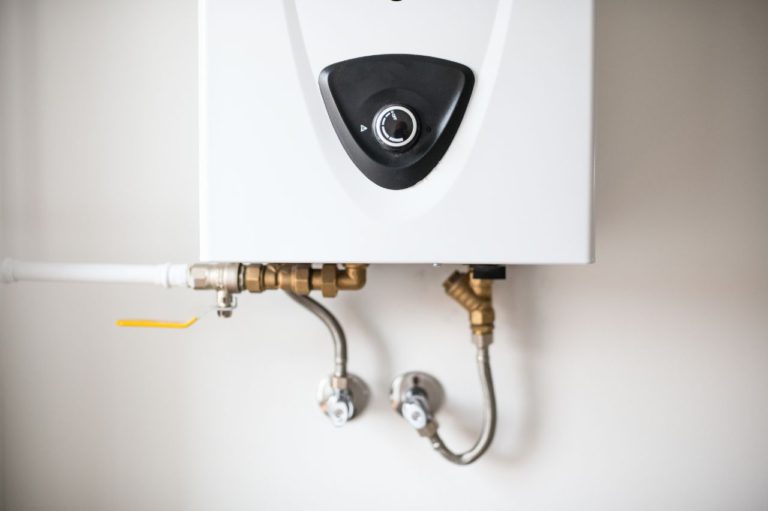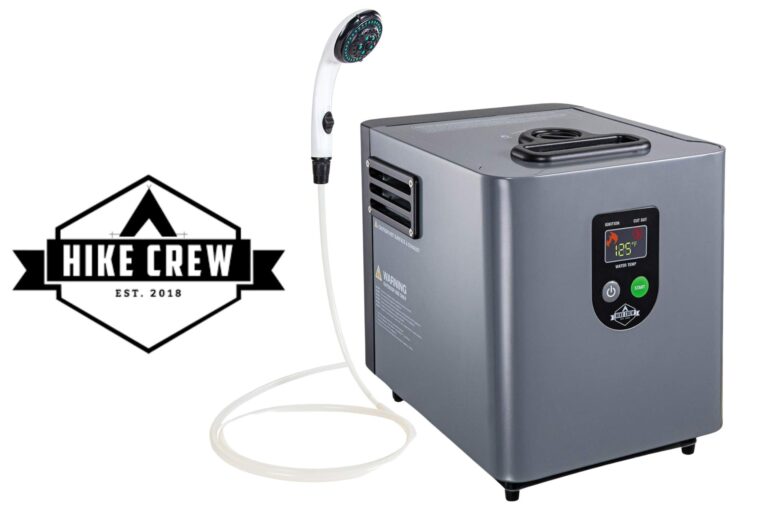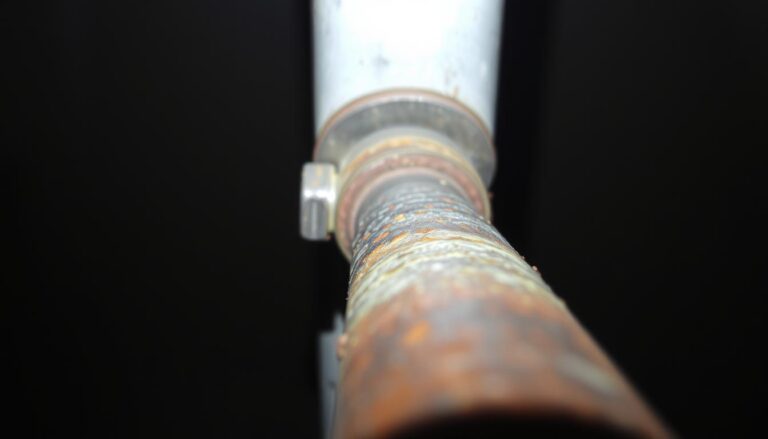Are Tankless Water Heaters Any Good?
What is a Tankless Water Heater?
Tankless water heaters heat water instantly and do not need a storage tank. When a hot water faucet is switched on, cold water runs through a heat exchanger in the unit, where it is heated by either a natural gas burner or an electric element. The outcome is that tankless water heaters provide an uninterrupted supply of hot water.
How Do I Choose a Tankless Water Heater Work?
When choosing a tankless water heater, you may have questions about its functionality. There are several types to choose from, including condensing and non-condensing models. These vary in efficiency, power, and cost, so it’s important to know what’s available to you.
For example, the energy required to run a gas-powered tankless water heater varies, depending on the model. Some models require a pilot light. Others can be fixed by closing the valves on the gas supply. This can reduce the overall cost of operating the unit.
While the technology used in a tankless water heater is impressive, it’s not without its drawbacks. For instance, a tankless water heater doesn’t have a storage tank, so it can’t keep a full supply of hot water. It also can’t be refilled, so it needs to be turned on and off at the right time. Also, the unit needs a proper air supply, so it might not function properly in a home with poor air circulation.
A tankless water heater’s main selling point is the fact that it uses less energy than a conventional water heater. To maximize energy efficiency, it’s important to install the unit according to local building codes.
The most efficient model will likely be a condensing water heater. Unlike a non-condensing model, a condensing unit will recycle its heat vapor, making it more efficient. Another benefit of a condensing model is that it produces less heat in the first place.
How Much Does a Tankless Water Heater Cost?
If you are in the market for a tankless water heater, it is important to understand the cost. The cost is divided into two parts, the upfront price and the equipment and materials. This may help you decide whether or not the product is right for you.
A tankless system uses less energy than a conventional unit, so it will save you money in the long run. Depending on how much you use it, you can expect to save at least $40 to $200 a year.
It is also possible to get a rebate on the cost of your new water heater. Check with your local city or state to see if you qualify. Alternatively, you can put the cost on a home equity line of credit.
Whether you are getting an electric or gas tankless water heater, the initial cost is likely to be higher than a traditional unit. The cost will be affected by where you live, the type of fuel you want, and the size of the water heater.
You will need to consider the cost of labor as well as the materials and components. The labor component makes up half of the cost. An electrician or plumber may charge $50 to $100 per hour for installation, while carpenters can charge up to $300 an hour.
When you are considering installing a new tankless water heater, be sure to check with the manufacturer for a list of recommended installers. Many companies have certified installers listed on their website. Also, read reviews and get references from people you know.
How Long Do They Last?
The average life of a tankless hot water heater is about 20 years, but it can last much longer than that with proper maintenance. The longevity of a tankless heater depends on a number of factors, such as how much water it’s able to handle and how well it’s maintained. It’s important to learn the best way to install and maintain your unit, so you can get the most out of it.
In addition to providing, you with a reliable supply of hot water, a tankless heater can also save you money on your monthly energy bill. This is because it uses less energy than conventional water heaters. Tankless models can last up to two times as long as tank-style units, and they are more energy efficient.
One of the most important maintenance tasks for a tankless water heater is to regularly clean the system. This will remove sediments, which tend to collect over time. Sediments are corrosive and can erode parts of the system?
Another common maintenance task is to periodically replace the filter. This prevents the build-up of scale around the heating elements, which can cause irreparable damage.
An intermittent ignition device, similar to the spark ignition in a gas furnace, is another feature to look for in a tankless water heater. When the demand for water isn’t present, the heating element will shut off.
Depending on the type of tankless water heater you have, it can be located in your home or outside. You should also make sure to install it correctly.
Are They Better Than a Regular Water Heater?
There are several types of water heaters available. They range in size and cost. It’s important to choose the right type for your needs.
A storage tank water heater can be a great choice if you’re looking for a good value. However, they do require more maintenance than a tankless system. Also, you need more space for them.
Tankless systems are a more energy efficient option. In fact, they can save as much as 27 to 50 percent on heating costs. Plus, they also offer more protection against water damage.
Tankless systems aren’t the cheapest, but they do make sense financially in certain renovations. For example, they can help you save money on utility bills, and improve the value of your home.
However, they can be more difficult to install, especially if you need to replace existing pipes or upgrade your electric or gas service. Also, you may need to hire a plumber to do the work. The installation cost could end up being higher than the purchase price.
Unlike a storage tank, a tankless water heater only fires on demand. This means that it only heats water when it is needed, and that it does not produce standby energy losses. But because it can be a little harder to keep up with the simultaneous demands of multiple showers, it’s not always the best solution.
While a storage tank water heater has its advantages, it’s still not as energy efficient as a tankless system. That said, it’s usually easier to fix than a tankless unit.
Do They Increase Your Electric Bill?
Tankless water heaters are a great long-term investment for your home. They use far less energy and emit significantly lower amounts of pollutants into the air. Moreover, many models qualify for a 10% federal tax credit.
A tankless heater will reduce your energy costs by up to 40%. For example, a family of four using 50 gallons of hot water per day would be able to save $9 kWh (kilowatt hours) per day. This translates to $493 dollars per year.
Electric tankless water heaters can cost as little as $75 a year to operate. They are also the most efficient. However, they can be expensive to install. The average cost of a new tankless water heater is about $800 to $1,500.
Gas-powered tankless water heaters are also available. These units can cost as much as $175 to $500 to operate. To calculate the cost of your unit, you will need to find out the kilowatt hour rate in your area.
In addition, you will need to factor in the amount of time that your tankless heater will be running. Depending on the model, your heater may only run for a couple of hours a day. If you are going to be away on vacation, set the water heater to vacation mode.
It’s best to have a professional install your tankless water heater. Professionals can ensure that the heater is properly installed and is compatible with your house.
The Energy Star label is another indicator that your unit is efficient. The label is yellow and usually shows how much it costs to operate.
Conclusion
Tankless water heaters heat water instantly and do not need a storage tank. There are several types to choose from, including condensing and non-condensing models. The energy required to run a gas-powered tankless water heater varies depending on the model. Tankless water heaters can save you money on your monthly energy bill. The average life of a tankless hot water heater is about 20 years, but it can last much longer.







